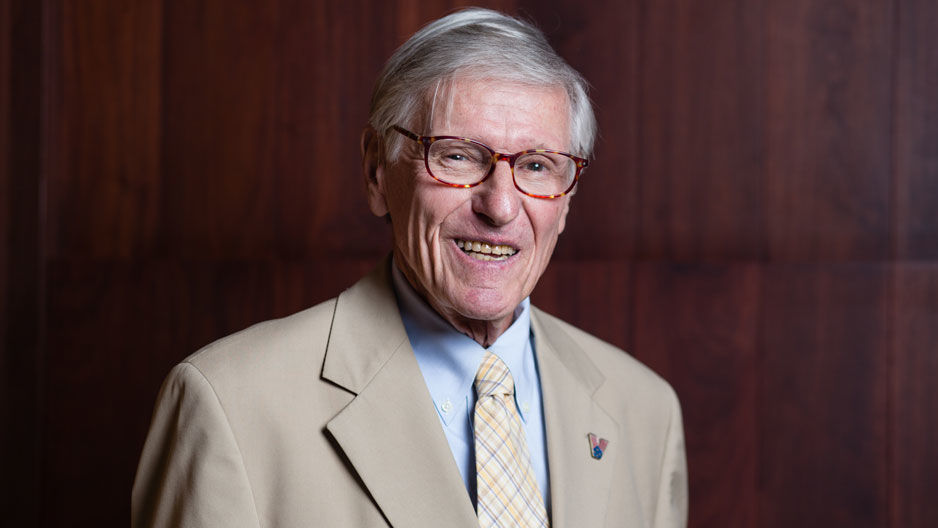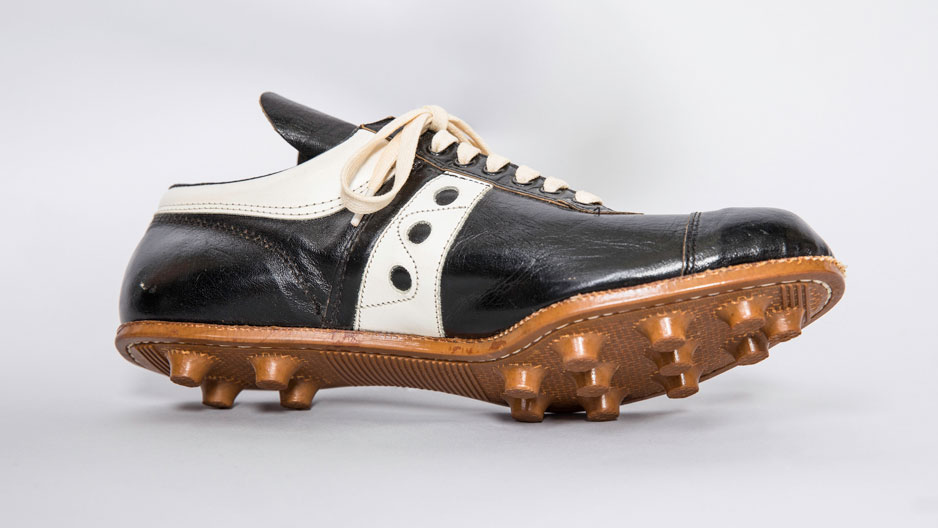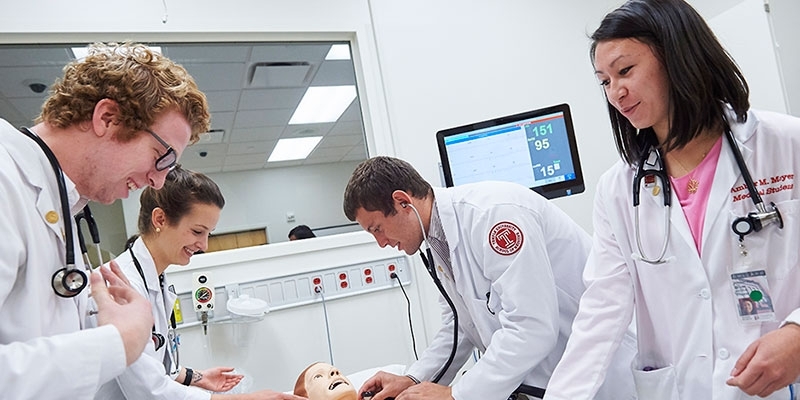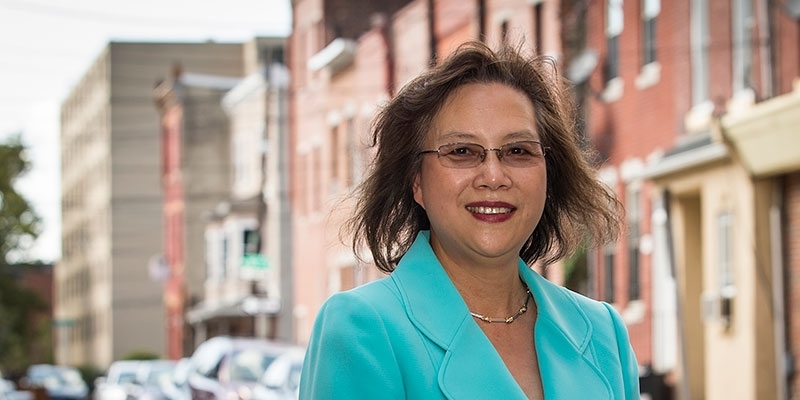Influential sports medicine doctor gives back to Temple
Joseph Torg, MED ’61, who had a hand in setting a number of injury-reducing policies in athletics, is giving back to the Lewis Katz School of Medicine in the form of a scholarship fund.

The Joe Torg Scholarship Fund has been established at Temple’s Lewis Katz School of Medicine by alumnus and sports medicine pioneer Joe Torg, MED ’61, and his wife, Barbara.
The gift will underwrite full-tuition scholarships for bright medical students with financial need who attended public, private or parochial schools in Philadelphia—students with backgrounds similar to Torg’s.
Torg credits good schools with positioning him for success. “Now, it’s payback time,” he said.
An orthopedic surgeon with a wry sense of humor and a penchant for candor, Torg devoted his career to bettering conditions for student and amateur athletes alike, both on and off the playing field.
In the mid-1970s, his work paved the way for coed Little League, proving that it is safe for girls to play baseball.
In 1974, he and colleague Ted Quedenfeld created the nation’s first university-based sports medicine clinic—at Temple.
Early on, Torg served as team physician for the Philadelphia 76ers, the Philadelphia Flyers and the Philadelphia Eagles. In the 1980s, he was the physician consultant for President Ronald Reagan’s Council on Physical Fitness and Sports. Torg then dedicated his efforts to education and research.
In addition to serving on Temple’s faculty, Torg worked at the University of Pennsylvania and the Medical College of Pennsylvania (now Drexel University College of Medicine), establishing sports medicine fellowship programs and conducting game-changing research. He has written several books, many book chapters, and has hundreds of articles to his credit.
Torg’s efforts brought much-needed attention to a foot injury that was easily missed, the tarsal navicular stress fracture. Working with Helene Pavlov, MED ’73, then chief radiologist at the Hospital for Special Surgery, Torg developed a simple radiographic technique for diagnosing the injury—and importantly, identified non-weight-bearing management as the effective treatment.
Torg and Quedenfeld’s research on the effect of foot fixation due to the seven inch-long conical cleats on the bottoms of athletic shoes worn at the time pointed to the shoes as the responsible factor in many knee and ankle injuries. Soccer-type shoes with molded soles containing 14 ⅜-inch cleats instead, on the other hand, demonstrated a marked reduction in these types of injuries. Eventually, the soccer-type shoe was made standard and the seven-cleated shoe was prohibited at both the high school and college level.

The cleat designed with the support of research by Joseph Torg (Photo: Colin Lenton).
Then there’s the Lachman Test for anterior cruciate ligament (ACL) instability.
This simple test of the knee was taught by Torg’s mentor, John Lachman, MED ’43, then chair of orthopedics at Temple. Torg documented the technique in the professional literature, solving the problem of the common failure to diagnose ACL injuries.
“The Lachman test is one of the most important physical exams of the knee—and incredibly accurate,” Torg said.
But Torg is best known for conducting the research that prompted the NCAA and high school federation to ban spear tackling in football. This 1976 rule change initiated by Torg and Quedenfeld’s National Football Head and Neck Injury Registry resulted in a dramatic decrease of the incidence of catastrophic spinal injury. Prior to the rule change, 34 football injuries resulted in quadriplegia annually, on average. After the rule change, there was a progressive decrease in these catastrophic injuries to just three per year by the year 2000.
Torg has received numerous honors. Most recently, he was recognized as the Association of Fundraising Professionals’ 2018 Philanthropist of the Year by the organization’s Greater Philadelphia Chapter for his long-standing generosity to Temple, William Penn Charter School and Haverford College—“schools that merit big-time payback for the tremendous good they do,” Torg said.
“I’d also like to thank my wife Barbara of 60 years for her support, which has enabled me to do all I do,” he added.
—Giselle Zayon


